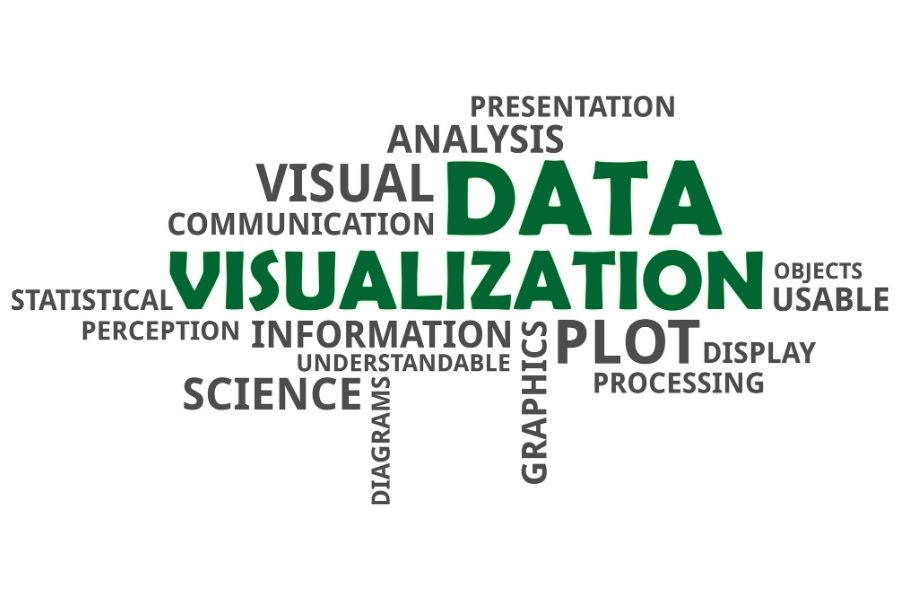Healthcare and Social Assistance have the highest employment numbers. They have $1.0 trillion in annual payroll, as well as 20 million employees.
If you’re thinking of going into the healthcare IT realm, then you might wonder what jobs are right for you. While making a decision on the right career for you might seem tough, there’s hope.
This article will take a look at the clinical analyst career, and why it’s a solid choice. Read on to explore this lucrative career, and get started today!
What Is a Clinical Analyst?
Clinical analyst jobs are responsible for verifying data and the validity of scientific experiments. You’ll ensure that you’re helping to improve quality and care.
Clinical data analysts ensure that correct information is collected for clinical trials. They manage and develop databases for healthcare organizations. They’re common in a clinical setting.
You can work across various organizations and make sure that the data is reliable and accurate. Some organizations have an entire team dedicated to clinical data management.

What Do Clinical Analysts Do?
As a clinical analyst, you’ll evaluate data that’s generated from digitized medical records. Your goal is to improve the facility’s information systems.
You’ll make sure that networks are upgraded and maintained as well. Another term for this career is known as a clinical data manager or a clinical systems analyst.
Responsibilities:
- Process and capture clinical data and protect information
- Train medical and hospital staff on using computer systems
- Prepare training tools, user manuals, and develop them as well
- Comply with local, state, federal, and organizational rules
- Perform quality checks
- Perform equipment maintenance and regular system upgrades
In order to become a clinical analyst, you’ll need to have a Bachelor’s Degree in life science, computer science, or a related field. You might need to have knowledge of SQL programming.
You’ll need to have 3-6 years of experience in data management. Clinical data analysts need to be able to work in both a team environment or alone.
Be able to analyze data with statistical software. The clinical systems analyst salary is about $55,257 per year. Clinical analyst salaries can vary depending on your level of experience, schooling, and job information. This salary includes overtime, bonuses, and tips.

Personality Traits
You need to be able to categorize, compile, and code various data. You need to be comfortable with Microsoft Office including Excel, Word, Access, and PowerPoint. You’ll need to learn to analyze data and keep it confidential whether it’s legal, medical, or financial information.
Communication and interpersonal skills are important. Solving complex situations for patients, physicians, and other personnel is common.
You’ll need to have an interest in coming up with innovative solutions to problems, and taking care of multiple priorities at once. An eye for detail, working independently, remaining positive, and creative thinking are important as well.
Becoming a Clinical Data Analyst
Whether you’re looking to become a clinical data analyst, clinical informatics manager, or director of clinical informatics, you’ll need to have plenty of experience under your belt. First, you’ll need to have at least a Bachelor’s degree.

Obtain Schooling
When you’re looking for clinical informatics jobs, one option is the health information management 4-year degree which focuses on information technology and healthcare. Courses include health information systems, medicine, and computer technology. Some employers might accept those with a degree in computer science or health management.
Gain Experience
Next, you’ll need to receive at least 2-3 years of statistical analysis data. You can work in clinics, hospitals, clinical research facilities, or pharmaceutical companies. This will help you develop project management skills.
Receive Certifications
While certifications are voluntary, they help you stand out from the crowd. One exam is known as the Certified Health Data Analyst exam.
In order to take this test you must meet one of these conditions:
- Have a Master’s or higher and 1 year of healthcare data experience
- Have a Master’s in health information management from a recognized school
- Have AHIMA’s RHIT certification plus 3 years of experience
- Have 3 years of experience and a Bachelor’s degree
Having a Master’s degree isn’t a requirement for this position, but many employers prefer those who do. Especially if you’re looking for a management role. Areas you can study include health informatics, bioinformatics, healthcare innovation, biotechnology, or clinical research administration.
Similar Careers
Other similar careers in this field are data engineer and data scientist. Data managers do more coordination of systems instead of direct analysis.
Data engineers create the data systems that workplaces use. You’ll need to understand how information systems work and have strong computing skills. Data scientists are about solving technical data problems and creating visualizations.
What’s a Typical Day Like?
Since you’ll be documenting and analyzing data, you’ll work with various departments about their data needs. You’ll use data processing to improve computer systems and health care.
Your typical day might include:
- Developing databases and programs to capture data
- Troubleshooting malfunctions
- Modifying and expanding systems
- Running and creating data reports
- Monitoring, maintaining, and testing computer systems and programs
Communication is an important part of this role since you’ll need to communicate across various departments. You might also need to train staff to use different programs and systems. Clinical analysts work with management in order to provide business solutions for system requirements.

How To Become a Clinical Analyst
Now that you’ve explored how to become a clinical analyst, you should have a better idea of why it’s lucrative and beneficial to various organizations. Are you ready to get your job search started and find clinical analyst jobs today? Check out our shop today to receive various services from a professional resume to LinkedIn profile development.





Recent Comments